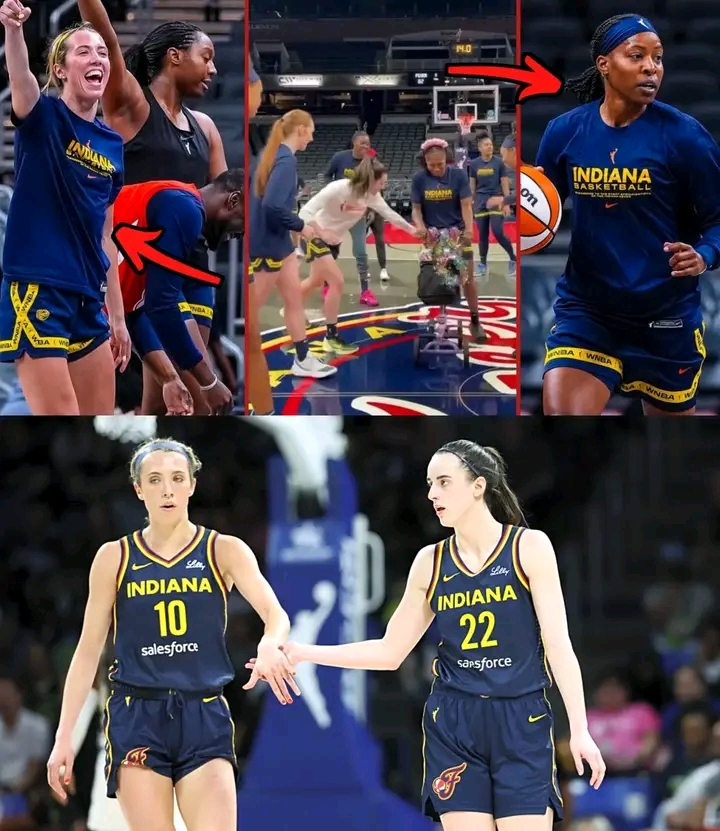
Depeche Mode, a band that has earned legendary status in the world of alternative and electronic music, has long been a subject of intrigue and admiration. Their music has been a voice for generations, touching on everything from existential angst to intimate reflections on love and loss. However, as the years go by and their popularity continues to soar, a question arises: Are they sacrificing their authentic artistic identity in the pursuit of fame? The idea of “selling out” has become an almost inevitable concern for any long-standing artist, and Depeche Mode is no exception. Their rise to global prominence has put them under the microscope, with critics wondering whether their creative evolution is a natural progression or a desperate attempt to maintain relevance in an ever-changing music industry.
The concept of “selling out” is not a new one, particularly within the world of alternative and underground music. Artists in these realms often gain followings because they represent something countercultural and authentic—untouched by commercialism and mainstream success. However, as these artists gain recognition and financial success, the line between staying true to their roots and adapting to new opportunities becomes increasingly blurred. For a band like Depeche Mode, who emerged in the 1980s, their journey from obscure electronic pioneers to global superstars certainly raises valid concerns about whether they’ve compromised their creative integrity in exchange for mainstream adoration.
Depeche Mode’s musical evolution has been a fascinating one. From their early days in the underground electro scene, where they crafted minimalistic yet poignant tracks like “Just Can’t Get Enough,” they have shifted towards more polished and layered sounds over time. The band’s willingness to explore different genres and experiment with their sound has undeniably kept them fresh and relevant throughout the decades. But as they’ve grown in fame and influence, there has been an undeniable sense that they’ve embraced a more commercial approach. Their later albums, while still rich with emotion and depth, have at times felt more polished, with production values tailored to appeal to a wider audience. This shift in direction inevitably raises the question: Is this the result of a band that is simply evolving artistically, or is it an attempt to appeal to the larger, more commercially driven music industry?
The modern music landscape, characterized by streaming services and social media, has created a heightened pressure for artists to constantly adapt, evolve, and remain visible. In the case of Depeche Mode, this pressure might explain their decision to embrace a more mainstream sound at times, balancing their artistic expression with the realities of the industry. However, the band’s ability to maintain relevance without sacrificing the core themes of their music—such as personal reflection, societal critique, and emotional intensity—suggests that their journey is more about growth than selling out. They have continued to provoke thought and stir emotions with their work, even as their music becomes more polished and widely accessible. This balance between artistic growth and commercial success illustrates that the lines between “authenticity” and “selling out” are often more nuanced than they appear.
Ultimately, Depeche Mode’s continued success can be seen as a testament to their ability to navigate the fine line between remaining true to their artistic vision and embracing the opportunities that fame and success offer. While some critics may argue that they have compromised their originality for the sake of commercial success, their ability to evolve musically while staying true to the themes that made them popular in the first place suggests that they are not simply chasing fame. Instead, they are artists who understand the complexities of the industry and have learned how to adapt without losing what made them special. Far from selling out, they may be proving that it is possible to achieve mainstream success while still maintaining artistic authenticity.






